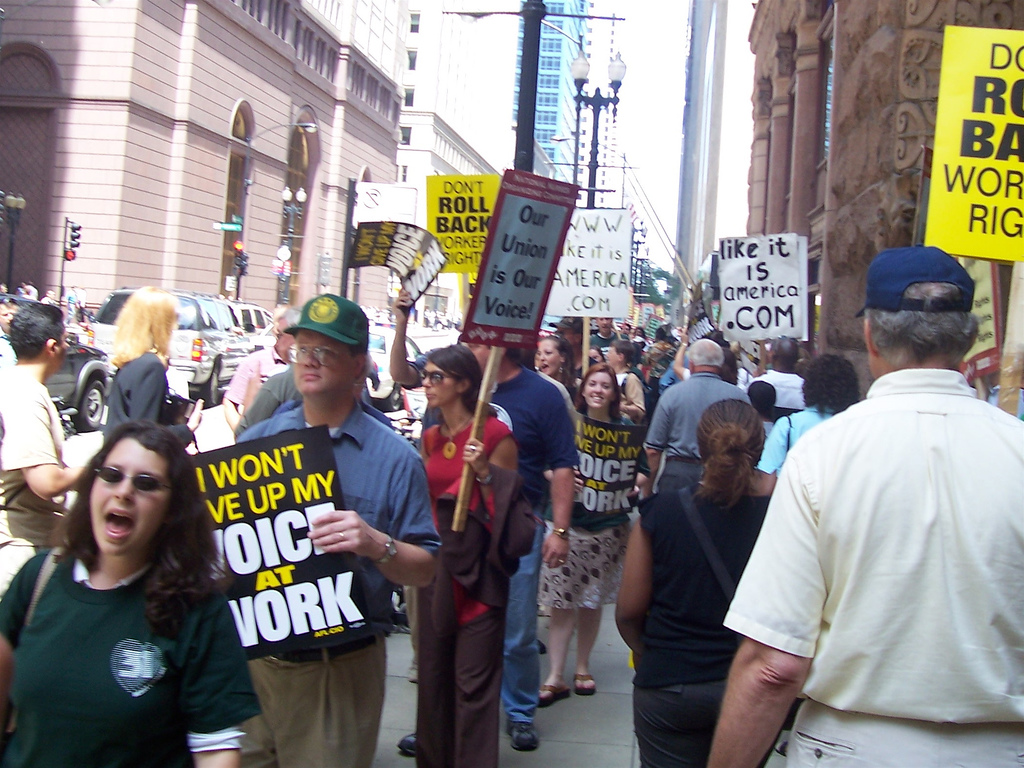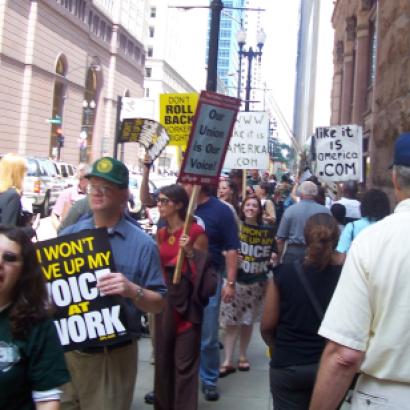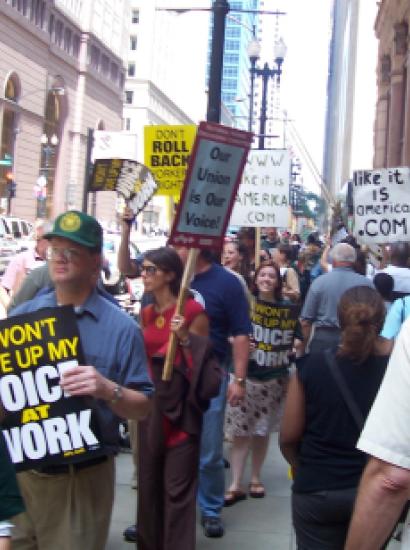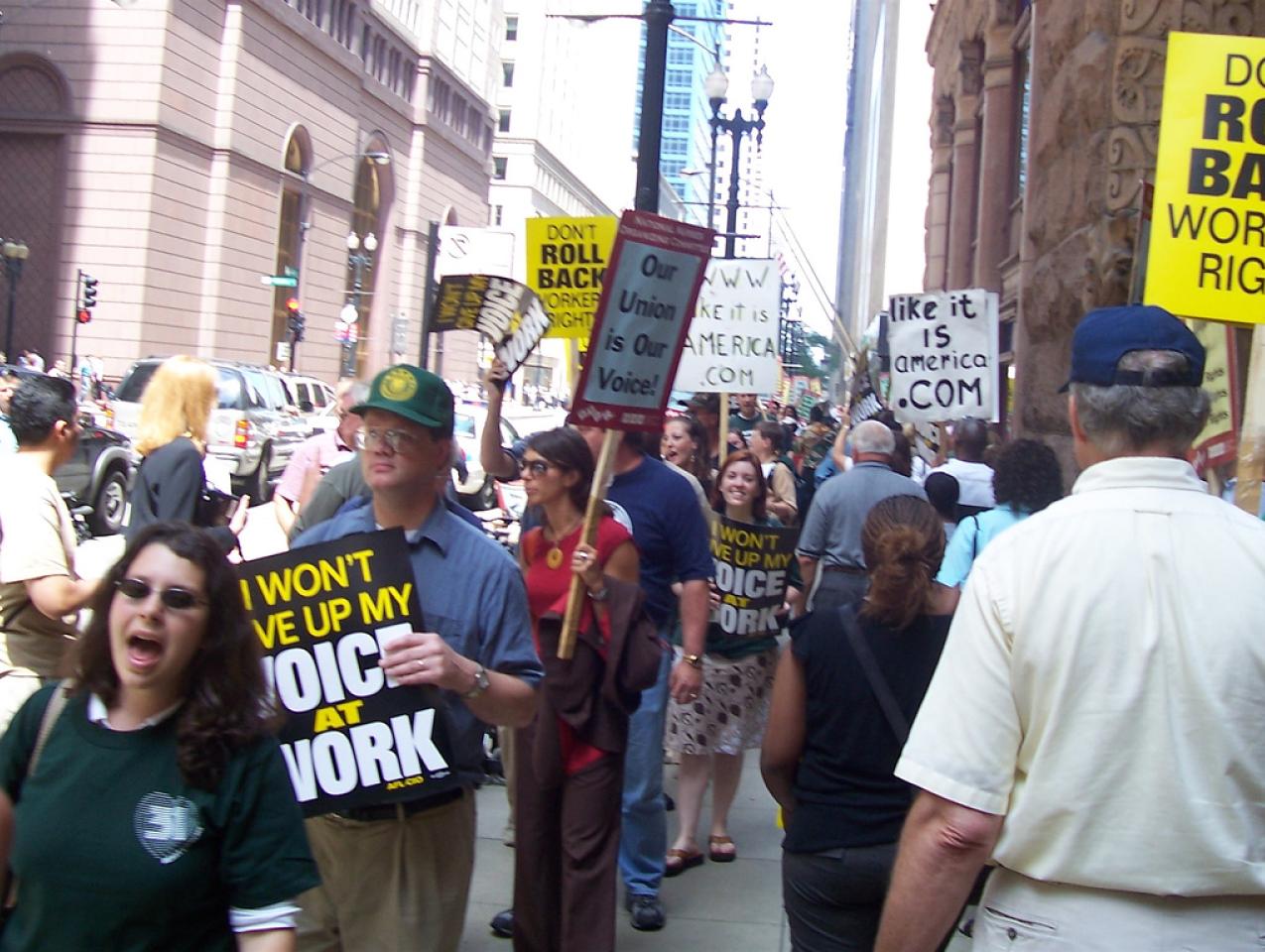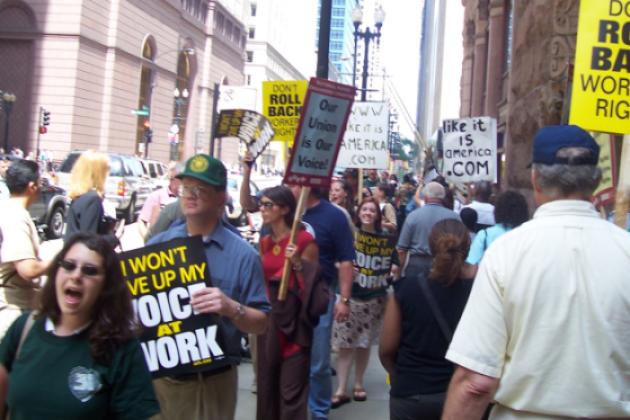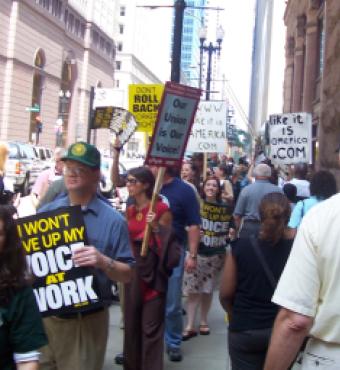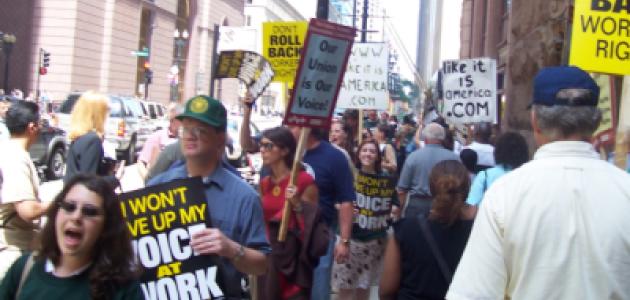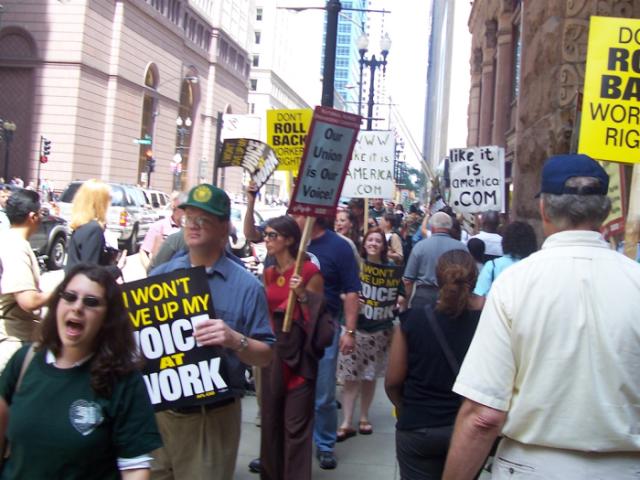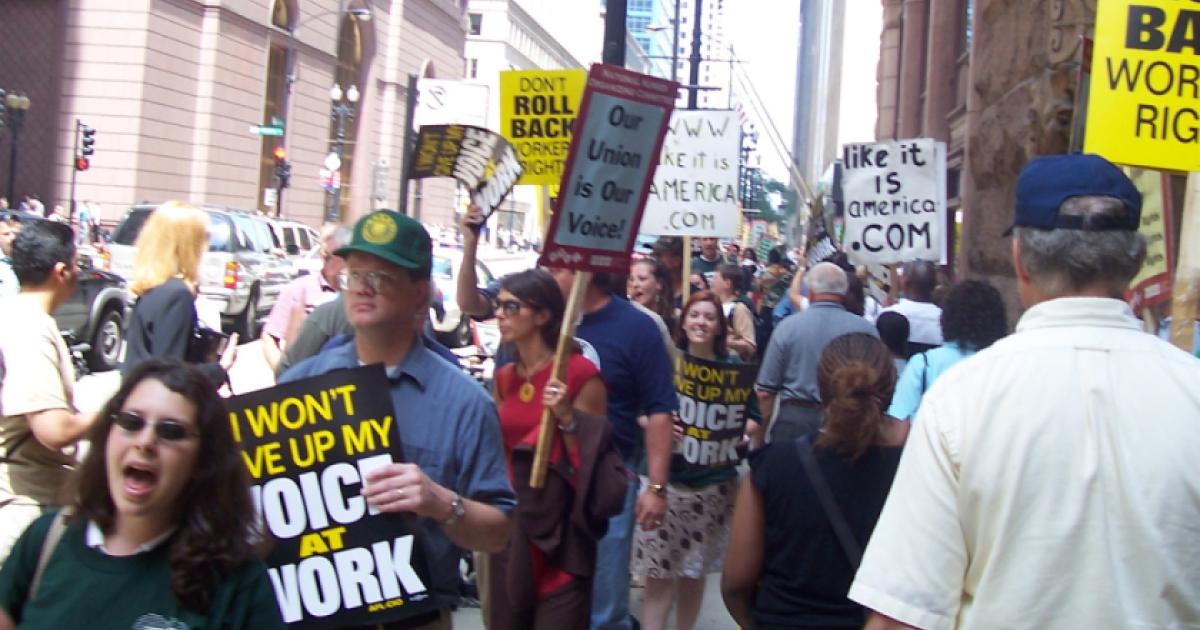- Economics
- US Labor Market
- Politics, Institutions, and Public Opinion
- State & Local
- California
Last year, California lawmakers passed a large and purely gratuitous union giveaway that thus far has managed to sneak under the radar. Assembly Bill 378 allows about 40,000 childcare workers to unionize. This is the most egregious union giveaway ever, because the issue that unionization is supposed to address was created by—guess who—state lawmakers. And state lawmakers are pretending they can’t fix it themselves so that they can support some of their most politically important supporters.
Many caregivers, predominantly women, run childcare services out of their home, and these services are publicly subsidized and publicly reimbursed for low-income parents. Providers want higher reimbursements, but reimbursement rates are set by the state. They average only about $12 per worker per hour and have changed little over time. All the state needs to do is to increase the reimbursement rate themselves.
Instead, the state is offering a huge payoff to two extremely important political supporters, the Service Employees International Union (SEIU) and the American Federation of State, Municipal and County Employees (AFSMCE), both of which strongly support many incumbent lawmakers and Governor Newsom, and which would share representation of these workers should they choose to organize.
Inviting the SEIU and AFSMCE to represent 40,000 childcare workers and collectively bargain for what otherwise would be an easy fix is an extension of the cozy quid pro quo that has existed between state lawmakers and unions for decades.
Thus far, unions have fared extremely well under Governor Newsom, who has quietly agreed to new collective bargaining agreements for roughly 147,000 state workers at a total cost to taxpayers of $5.6 billion, or more than $38,000 per worker, including pension supplements.
In contrast, the last two governors, Jerry Brown and, in particular, Arnold Schwarzenegger, bargained harder with unions, up to the point where some existing union contracts simply continued because an agreement could not be reached.
Note that lawmakers made sure that the payoffs from this potential union bonanza are shared between California’s two major public-sector unions. It would not have been in the political interest of state lawmakers to freeze out one of the players. Both unions will get a share of the goodies.
If you are wondering how the two unions will make their way into the world of childcare, they will be provided with information on worker names, addresses, and work, home, and cell phone numbers. So much for worker privacy.
Moreover, AB 378 represents not only a huge organizing opportunity for these unions, it opens a big back door into the world of organizing workers who are not government employees. Since Janus v. AFSCME, which ruled against mandatory union dues, public-sector unions and government have been looking for ways to create new union clients who may be willing to pay dues, and this law delivers the goods.
What will be the net effect? At a minimum, probably about $200 million in new union dues from these 40,000 childcare workers, unless they opt out from paying, per the Janus decision. Somewhat higher pay for childcare workers, though in principle their pay could be even higher had state lawmakers addressed this directly. And since unions often choose to impose work rules that depress efficiency, you can expect that worker productivity will drop by about 15 percent if workers are organized. Higher pay and union dues will automatically raise the cost of childcare, and a 15 percent drop in productivity is equivalent to an additional 15 percent increase in cost.
State Senator Shannon Grove, who is also the Republican Senate Caucus leader, argued that rising costs will be substantial and will affect low- and middle-income households most broadly. She noted an annual current cost of about $14,000 per year for full-time childcare in Sacramento, which could easily rise to $18,000 per year if workers unionize.
This union giveaway was very shrewd on the part of lawmakers, because it plays directly into voter and taxpayer heartstrings, along the following lines: “Those who take care of our children should get a raise, and their voices should be heard. AB 378 gives these important workers their hard-fought rights and a seat at the bargaining table.”
But it would have been straightforward to give childcare workers a raise if the legislature would do their job. And if the voices of these workers are not being heard in Sacramento, it is because the lawmakers for whom they voted are not listening.
Rather, lawmakers are listening to much more important constituents—the state’s biggest unions —who have no business being involved in private childcare delivery. But who soon will be inextricably involved, much to their financial gain.







